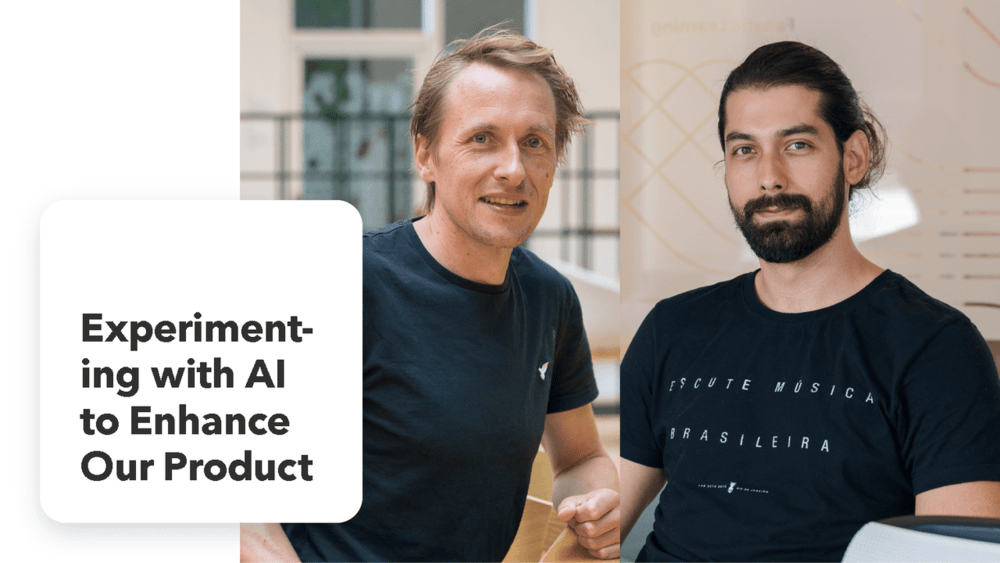
At trivago, our talents get to work with many of the latest technologies, including Artificial Intelligence (AI). In fact, we are actively using AI not only to enhance our day-to-day work, but also to innovate on our product. We chatted with two Product Managers at trivago, Sören Weber and Henrique Portes, who shared how their teams are experimenting with Generative AI in their projects. We discussed the challenges they faced, their key learnings, and asked them to share advice for other product managers looking to integrate AI into their product.
Could you tell us a bit about the project you and your team are working on?
Henrique:
Artificial Intelligence suddenly shifted from a futuristic promise to our daily routines. At trivago, we saw the opportunity to experiment by allying AI with our existing user needs, which seems natural for a tech company like us. The question was: how are we going to do it?
From the beginning, the process was exciting: from understanding which skills and knowledge would be required, to building the team and inviting the people who could contribute (some were amazed, some were a bit suspicious). And finally, putting everyone on the same page to shape a solution, implement, test, analyze, and learn.
Sören:
After the big breakthroughs in generative AI, we started exploring ways to integrate it into our product.
We generated ideas in design sprints and ideation sessions with the core product team and stakeholders from across the company.
Given the diverse applications of generative AI, we came up with a wide range of ideas spanning search functionality, content creation, user personalization, and conversational interfaces.
To demonstrate the value of using generative AI in our product, we decided to focus on a single use case first. Specifically, we want to use AI to summarize hotel information and reviews to provide concise summaries to our users. This will serve as our team’s pilot project before we expand the application of AI to other areas.
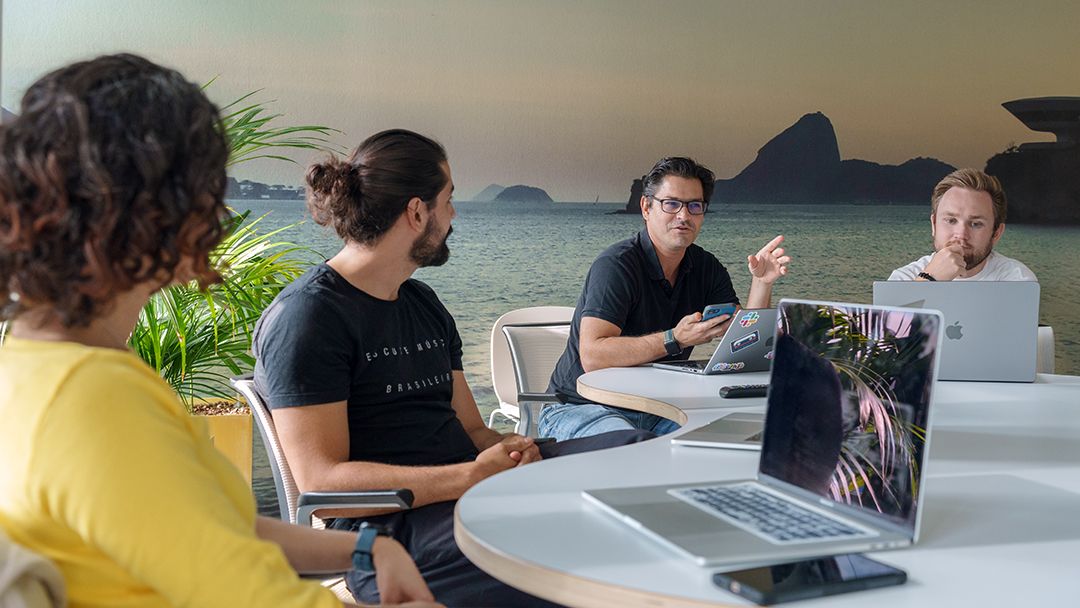
What do you find most exciting about working with & integrating AI at trivago?
Henrique:
We are handling such a transformative technology, reaping many benefits, like any early stage development. Our goal is to turn it into something that is useful, maybe even unique, for our users. We are living the transition, seeing it from the inside, being part of it in a way, and that’s very exciting!
I believe that even many years from now, when AI is perceived as a commodity, our current experience will still be a good souvenir and hopefully a small building block of a much better and bigger story.
Sören:
First of all, AI is a fascinating field in itself, and I believe it will have a transformative impact. Being at the forefront of adopting this technology is an exciting prospect.
But we don’t want to just tinker with it, we want to create tangible business and user value. What excites me is the potential to apply this new technology to our hotel search use case and help our millions of users find the ideal hotel for their specific needs.
trivago offers our team the right environment, resources, and freedom to explore this new technology that is new for all of us. I believe this strategy will pay off and position us as one of the fast movers in the travel industry who effectively capitalize on AI.

What were the main challenges you faced while working with AI?
Henrique:
In our particular case, we had a brilliant PM who started out the whole project, she was the heart and soul of it. However, she stepped out of the project when the MVP was released, due to a wonderful reason: she became a mom. We all needed to adapt without her, collecting some skills from each individual to rebuild motivation and get back on track.
Regarding the product, it’s probably dealing with this magical black box called AI. We have control over the inputs, but from that point on, AI brought us a lot of surprises – ranging from slightly misleading answers to complete nonsense. We have no control over what’s going on ‘inside’. Evolving from this point towards a reliable output machine for our users requires a lot of ‘prompt engineering’ – a skill that none of us had familiarity with prior to it.
Sören:
One of the main challenges of working with AI is that the field is evolving rapidly, making it difficult to keep up with the latest developments and understand the implications.
Additionally, using generative AI in our product is new to us. So, we need to quickly learn how to use it, and its advantages and disadvantages are for use case.
One particular challenge we faced in our content use case was the issue of inaccurate information. We’re aware that the AI model’s output is not 100% accurate and is non-deterministic, meaning that the results can vary with each query. This raises the question of how to assess the quality of the generated content and strike a balance between occasional inaccuracies and the overall value delivered.
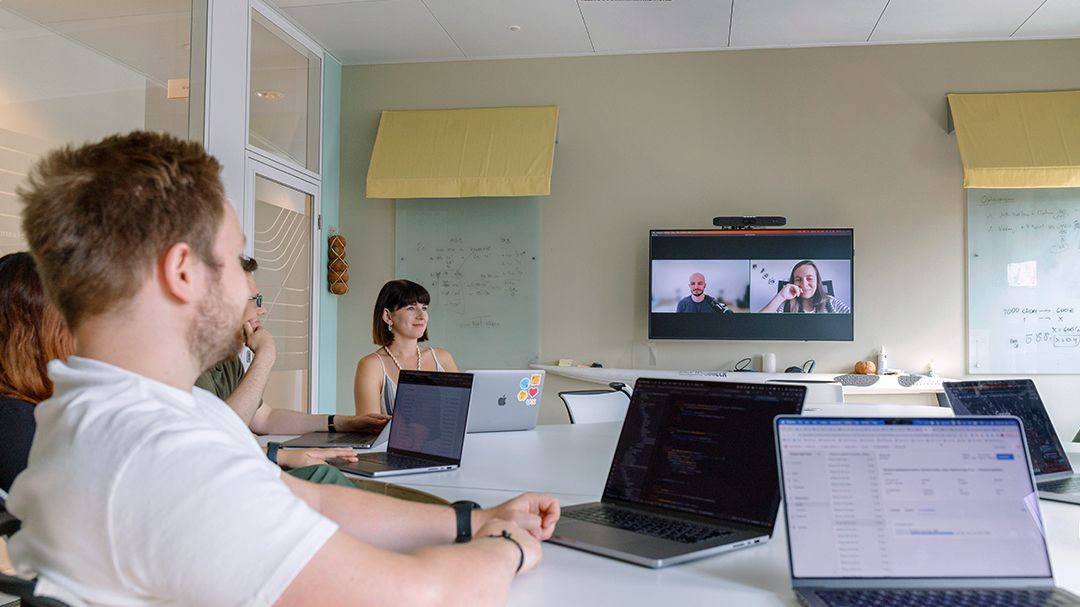
Can you highlight any lessons learned from working with AI?
Henrique:
It’s not because ‘it’s AI’ that users will immediately fall in love with it and you’ll become their go-to place. One thing is how appealing the technology is in theory, another one is how to apply it in a way that it seamlessly blends into the users’ journeys – to the point it’s not even being perceived as AI.
Even cutting edge technology requires the users to be at the center of the strategy. Otherwise, it‘ll be misused and forgotten.
Were there any surprising or unexpected outcomes?
Henrique:
Oh yes, quite a lot! Starting with some misleading items on a list, for example recommended restaurants in Salvador, Brazil included accidentally one pastry shop which is actually in Rio de Janeiro, 1200 km away. Then we can mention neighbourhoods in one city that end up leading users to another continent. Sometimes you ask something and you won’t get anything other than an apology; change a word and you’ll get a shiny answer.
Sören:
Like many people in the AI community, we were surprised by how well the new generative AI technology works. Despite its existing limitations, the technology now seems advanced enough to find widespread application and create tangible value. Some people compare the ChatGPT breakthrough with the iPhone moment of AI, where everything comes together in a product that everyone understands.
Working with the models has many surprises. For example, providing more and more data or complex training of your own models doesn’t necessarily lead to better results. Interestingly, simple techniques like prompt engineering have proven to be remarkably effective in enhancing the model’s output.

What advice would you give to other product managers and their teams looking to integrate AI into their products for the first time?
Henrique:
AI is still far from being completely reliable, even with fine-tuning and a lot of iterations. And that’s fine depending on your use case.
Minor mistakes are sometimes acceptable. Like any other MVP, it’s important though to consider risks, from usability to legal aspects.
Don’t leave all the responsibility to the AI itself. It’s important to design a product and a process in which you can have visibility on the inputs/outputs and you’re able to iterate and improve the product in a humanly way.
Sören:
In my view, it is crucial to adhere to the principles of strong product management and to ensure that all initiatives are based on a deep understanding of the user, the industry, and the business. The use of AI should not be an end in itself.
That said, AI significantly extends the scope of potential solutions. Once a user problem is identified, AI opens up innovative ways to address it. I think it is very important to understand what AI can do because it has a lot of potential and is evolving quickly. Even if you haven’t identified an AI use case yet, I recommend playing around with it to understand what’s possible.
What’s more, AI can be used to enhance you as a product manager and you can use it to improve your product management work. It offers a variety of ways to improve your productivity such as generating product ideas, analyzing data, summarizing user research findings, analyzing competitors, streamlining communication, or formulating OKRs.
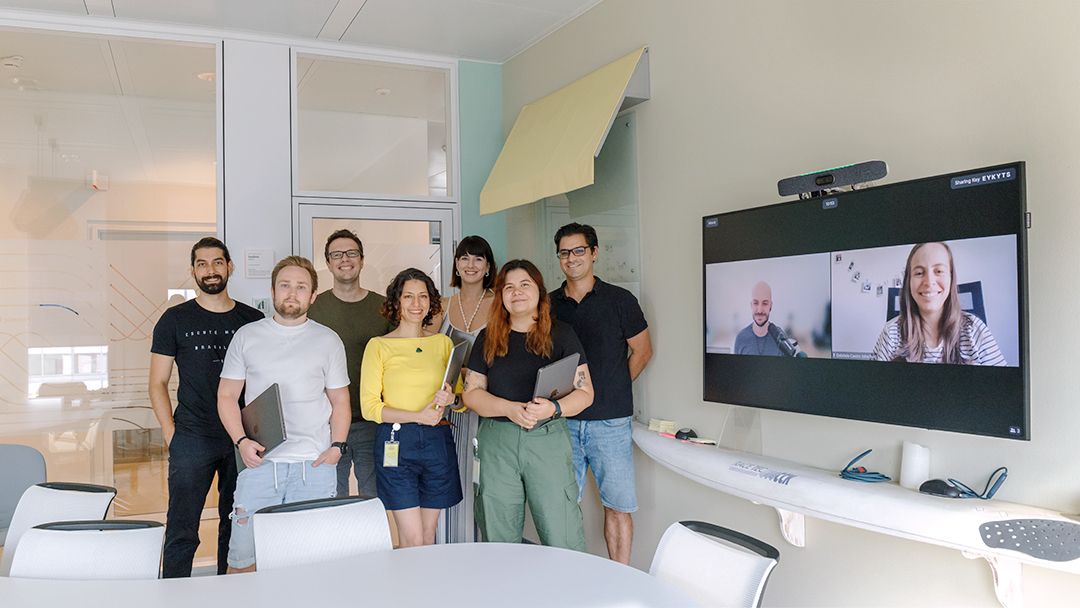
Thanks to Sören and Henrique for sharing their insights!
At trivago, we are actively learning about and experimenting with AI. We have internal resources for sharing knowledge on the topic, and even AI-powered tools that help us to streamline workflows, improve communication, and boost our productivity.
Earlier this summer, we hosted a hackathon, where most of the proposed solutions included some sort of AI application. The winning team proposed an innovative way to implement AI into our product, and we’re excited to explore their forward-thinking ideas. We will continue to share our experiences and learnings from experimenting with AI in future articles – stay tuned!
Disclaimer: Features mentioned in this article are currently undergoing live testing and may not be available to all users.

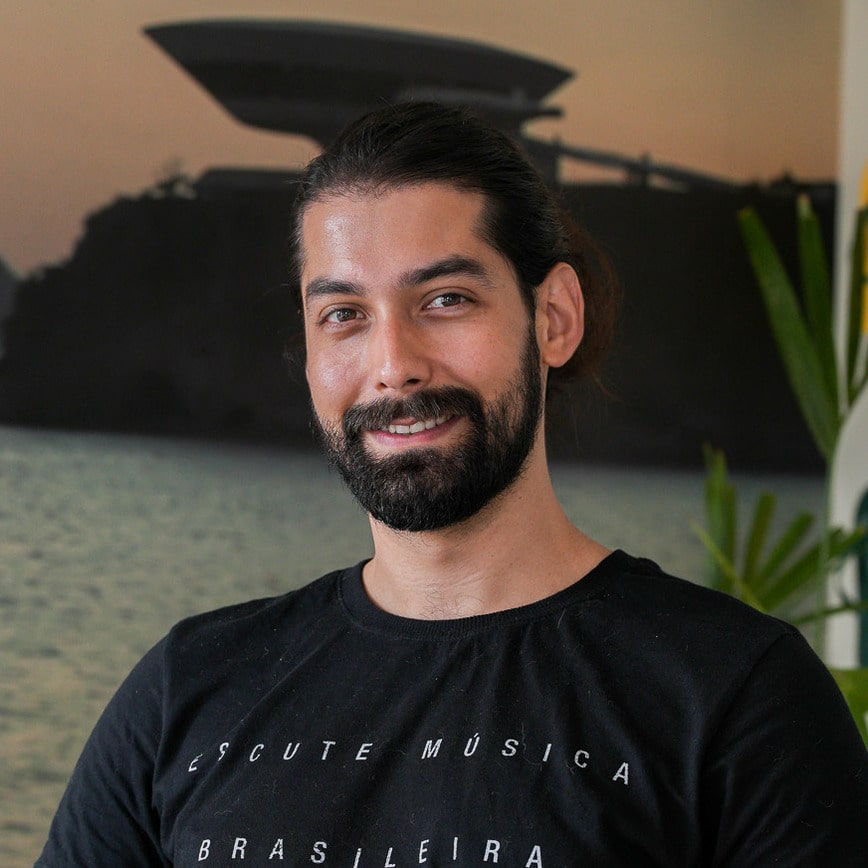
Follow us on